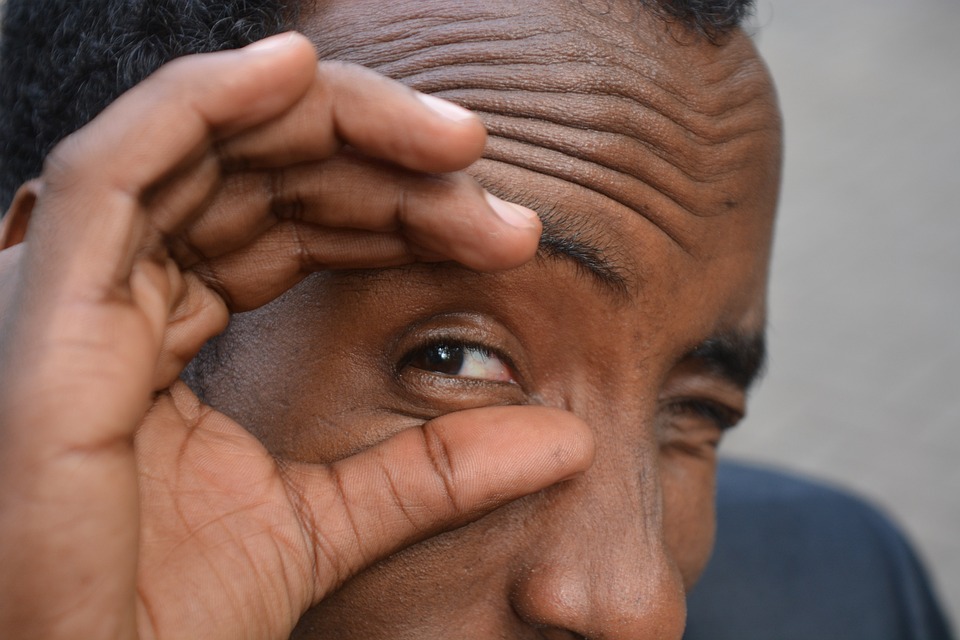
Op-ED: Somali Government Must Commit to Fighting Corruption and Prudently Managing Natural Resources as it Signs Oil Contracts

Subsequently, on October 25, Türkiye’s state-owned energy company TPAO and Somali Petroleum Authority (SPA) signed a deal on joint onshore hydrocarbon exploration as Turkey's Oruc Reis seismic research vessel docked in Mogadishu ahead of seismic surveys. Somalia has granted three oil and gas blocs to Türkiye spanning 15,000 square kilometres.
While the finer details of the agreement in relation to revenue sharing remain unclear, there are allegations that it may be tied to the Defense and Economic Cooperation Framework Agreement approved by the cabinet in February, 2024. Sources say Somalia may give a certain percentage of oil proceeds to Türkiye in exchange for 10 years of protection of its maritime resources. Already, Türkiye has dispatched troops to main Somali waters.
In October 2022, American oil explorer Coastline Exploration entered into a deal with the Somali government which granted it seven offshore blocs. The U.S.-based company subsequently said it paid a $7 million signature bonus to the government of Somalia.
The Petroleum Act, which was amended in 2019 to ensure a more robust exploration and management of oil and gas resources and the development of a Petroleum Sharing Agreement (PSA) in addition to the Resources Sharing Agreement (between the Federal Government and Federal Member States), provides a good starting point for Somalia to venture into the oil and gas business.
However, there are still no sufficient safeguards particularly internal mechanisms to ensure that Somalis get value for their resources. As it has been the tradition now for over a decade, Somalia remains in the club of the most corrupt countries in the world. The Transparency International Index has serially ranked Somalia among the most corrupt countries. Whereas there has been some progress in governance, management of public resources remains a major concern. Corruption is still rife in the public sector at the federal and state levels.
President Hassan Sheikh Mohamud dissolved the National Anti-Corruption Commission (NACC) and the Judicial Service Commission (JSC) in October 2022 citing concerns by the Senate that the two bodies were improperly constituted during the sunset days of President Mohamed Farmaajo’s administration in 2021. To date, these two crucial independent commissions have not been reconstituted. In the recently passed 2025 Appropriations Act, Parliament allocated a paltry $141 million to the NACC. This means Somalia remains far from decisively fighting graft which can be characterised as an existential threat to the state given the rate at which public officials are squandering resources to enrich themselves.
President Hassan’s government is to Demonstrate goodwill and trust
If the little resources at hand are being mercilessly looted by government officials, what will happen when the country starts to generate revenues from oil and gas in millions of dollars? What measures are there to ensure these resources benefit Somalis and change their lives for the better? For far too long, Somalia has relied on external funding to finance its budget in addition to addressing perennial challenges such as humanitarian disasters. For once, the country may be heading towards an era of self-reliance but only and only if, we put in place prudent fiscal measures to ensure prudent management and equitable distribution of resources. That test should start with the signature bonuses the government is now receiving from the International Oil Companies (IOCs). In the 2025 budget, the government has factored in a revenue of $3 million from signature bonuses. It is imperative therefore that the government should tell us(Somali society) how that money will be spent and how it can be accounted for.
The government must now move with haste to competently reconstitute the NACC and the JSC. The NACC will be crucial in fighting graft and ensuring prudent management of public resources while the JSC is critical in ensuring an independent and functional judiciary away from the whims of the Executive.
The Somali Petroleum Authority, a creation of the Petroleum Act must demonstrate its ability to effectively manage the exploitation of oil resources in conformity with the law and constitution. Its conduct with the IOCs and the local oil players must be beyond reproach.
It is only by dedicating ourselves to honestly managing this God-given resource that can we make meaningful outcomes of it. Somalis, who have been vocal locally and internationally in fighting against foreign encroachment to their land and sea must reap the fruits of their patriotism. So should the men, women and children in the cities and remotest parts of this country.
As has been witnessed in other oil-producing countries, this
resource can either be a blessing or a curse.
Abdirahman Yusuf Ali is a Social and peace activist and founder of Uistaag Dadka iyo Dalka platform and can be reached at: Email: [email protected]
Leave a comment
- Popular
- Rated
- Commented
04/11/2021 - 11:05:02
28/05/2024 - 15:44:10
01/03/2021 - 09:00:37
Opinions
18/05/2025 - 16:26:37
15/05/2025 - 20:16:04
Politics
05/06/2025 - 13:42:50
Terror Watch
07/06/2025 - 21:36:45
Press Releases
05/06/2025 - 12:21:21
 0
0 




































Op-ED: Somali Government Must Commit to Fighting Corruption and Prudently Managing Natural Resources as it Signs Oil Contracts
On March 7, 2024, the Somali government signed a cooperation agreement with Türkiye to explore and develop offshore oil and natural gas resources. The agreement extends to transportation, distribution, refining, sales, and service operations of